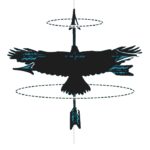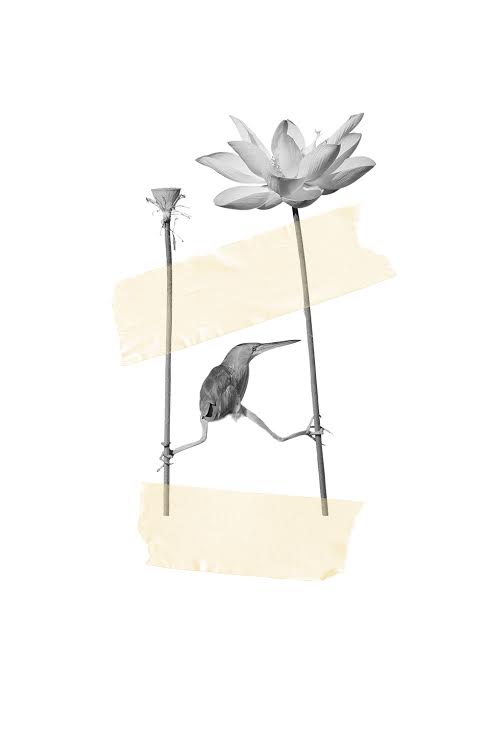This shortcode LP Profile only use on the page Profile
Rachel Nix is an editor for cahoodaloodaling, Hobo Camp Review and Screen Door Review. Her own work has appeared in Anti-Heroin Chic, L’Éphémère Review, and Occulum. She resides in Northwest Alabama, where pine trees outnumber people rather nicely, and can be followed at @rachelnix_poet on Twitter.
 Artwork by: Petra Zehner
Artwork by: Petra Zehner
 Petra Zehner is a German-born graphic artist and photographer based in Paris, France. She works with found images and media as well as her own photographs to create minimalistic mixed media collages and illustrations.
Petra Zehner is a German-born graphic artist and photographer based in Paris, France. She works with found images and media as well as her own photographs to create minimalistic mixed media collages and illustrations.